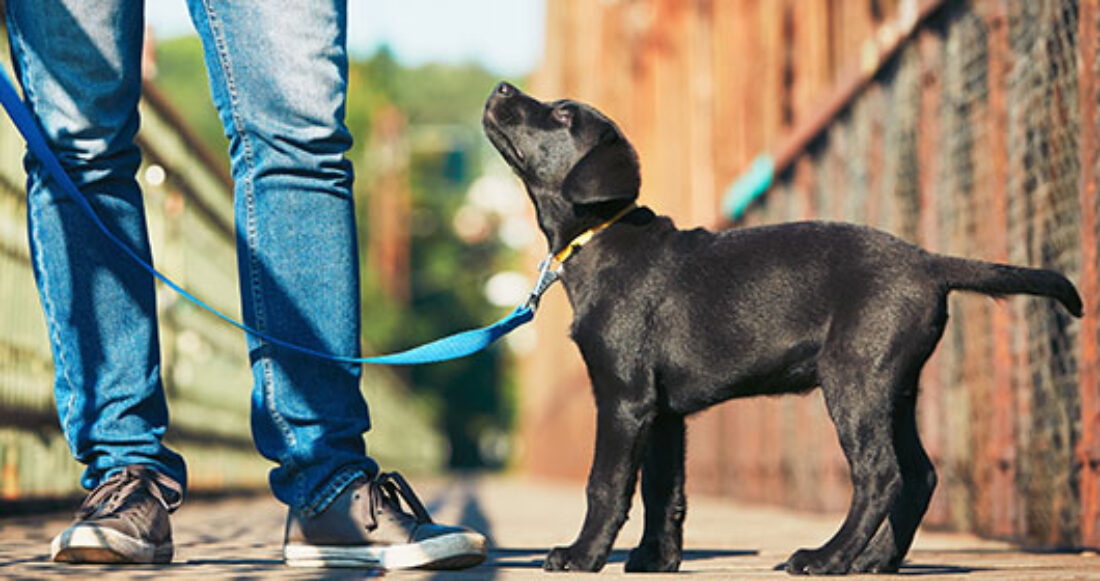Jabari: Reaching His Full Potential

Jabari, age 22, is passionate about animals.
“Growing up, my dream was to be a vet,” he recalls. “As I got older, life happened. There were trials and tribulations, and I got off track from that dream.
The derailment occurred in New York City, while Jabari was in high school. He regularly skipped out on class — and on meetings with his probation officer. The misses added up, and he fell short of graduating from high school.
Jabari isn’t alone: 15% of young people in New York City are not college graduates and they’re also not working or enrolled in school, according to the latest KIDS COUNT data.
Today, though, Jabari’s life has taken a turn for the better. The about-face began when he was referred to a program called Jobs for America’s Graduates, or JAG, offered through the Center for Alternative Sentencing and Employment Services (CASES).
JAG employs an evidence-based model that helps young people who are homeless or involved in the child welfare or juvenile justice systems — individuals like Jabari — succeed at school and work. Today, the Annie E. Casey Foundation has 10 Learn and Earn to Achieve Potential (LEAP™) partners that are adapting JAG or a second, similar model, called Jobs for the Future’s Back on Track. Regardless of which model is at work, the end goal is the same: Help young people earn a high school or equivalent diploma and then pursue employment or additional education.
Jabari’s journey to rebuild his future hasn’t been effortless — or error free. Initially, he struggled to stick to a schedule and make it to class or LEAP activities on time. With support from his JAG specialist, Aleks Filkoski, Jabari’s punctuality, attendance and engagement eventually improved — and so did his confidence and test scores.
“Jabari wants success for himself, and the JAG model is reaffirming what we already know — that a long-term connection with a participant leads to the best outcomes,” says Filkoski. “He especially loves to share good news with me, and I am happy to hear both the ups and downs of his journey.”
Fortunately for Filkoski and Jabari, there’s much good news to share. Through the program, and with support from the staff at CASES, Jabari earned his high school equivalency diploma. He also joined the JAG Brooklyn Professional Association and completed a 10-week internship at a local dog spa, which both bolstered his resume and put his passion for animals to work. That internship led Jabari to where he is today: Working a full-time job at a nearby dog walking and boarding business.
“This program is changing things for me now, and I’m just grateful for the support,” says Jabari, who was granted an early release from probation supervision based on his successes.
These new experiences and opportunities have propelled Jabari to dream about his future again. “I want to open my own boarding business that cares about the well-being of all pets,” he says. “I also want to eventually open a no-kill shelter.”
The latter aspiration — to give animals a new lease on life — seems right up Jabari’s alley. After all: He loves animals, and he now understands, up close and personal, the remarkable difference that a second chance can make.





